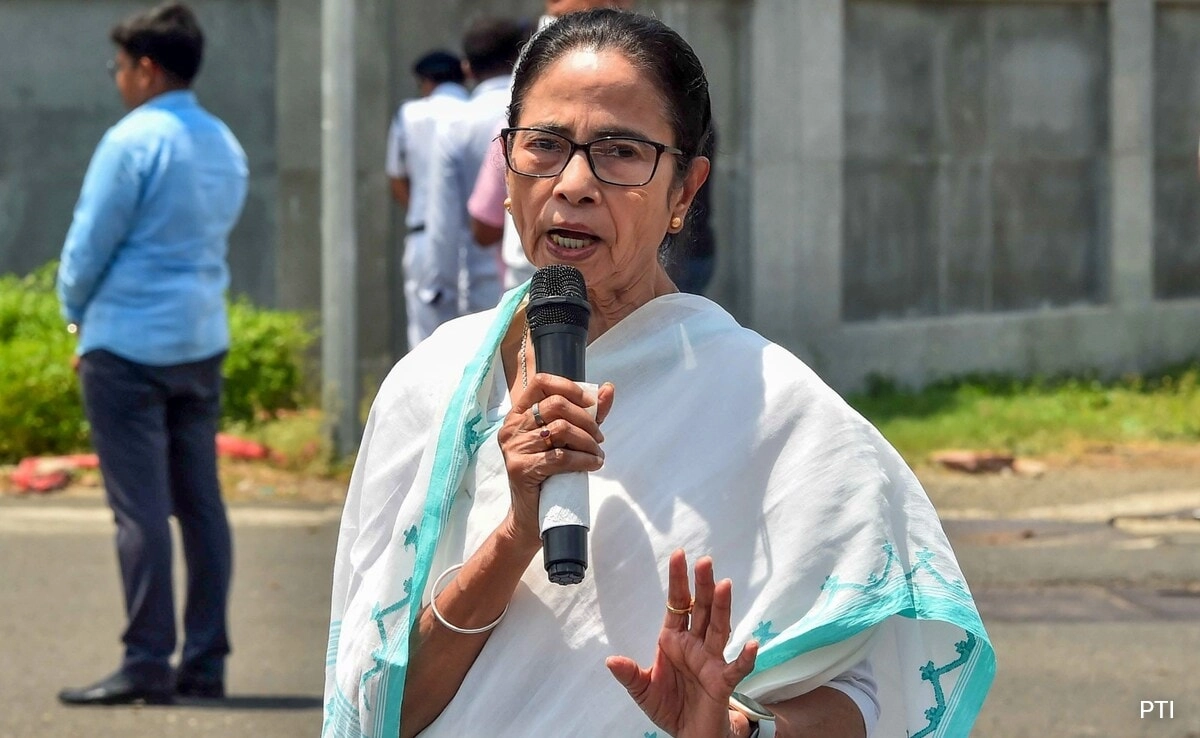West Bengal Chief Minister Mamata Banerjee has expressed strong disapproval regarding the Delhi Police’s recent remarks that referred to the Bengali language as the “Bangladeshi national language.” In a statement that reflects her deep-seated pride in the Bengali culture and heritage, Banerjee called the comments “insulting” and emphasized the importance of respecting regional languages and identities. Her reaction highlights the sensitivities surrounding linguistic and national identity in India, where language often serves as a marker of cultural pride and belonging.
The controversy ignited a broader discussion about the perceptions and treatment of regional languages within the context of national discourse. Bengali, spoken by millions in West Bengal and Bangladesh, is not just a means of communication; it is a vessel of culture and history. By labeling it in such a dismissive manner, the Delhi Police inadvertently sparked outrage among Bengali speakers, who feel that their language is being undermined. Banerjee’s comments serve as a rallying cry to defend the dignity of the Bengali language and to assert the importance of inclusivity in a diverse nation like India.
Furthermore, this incident raises questions about the need for cultural sensitivity and awareness among authorities. Language plays a crucial role in shaping people’s identities, and any derogatory remarks can lead to feeling marginalized. Banerjee’s assertion serves as a reminder that leaders must promote unity and respect among the diverse linguistic communities in India rather than contributing to division. Her call for respect for the Bengali language resonates not only with speakers of Bengali but also with advocates for linguistic rights across the country, urging a collective stand against any form of cultural belittlement.
In conclusion, Mamata Banerjee’s reaction to the Delhi Police’s comments underscores the critical importance of acknowledging and respecting the rich tapestry of languages that make up India’s identity. Her condemnation of the remarks reflects a broader desire for a more inclusive national narrative—one that honors and celebrates the linguistic diversity that is integral to the fabric of the nation. As discussions continue around this issue, it is clear that fostering mutual respect and understanding across cultural lines remains essential for social harmony in a multilingual society.




